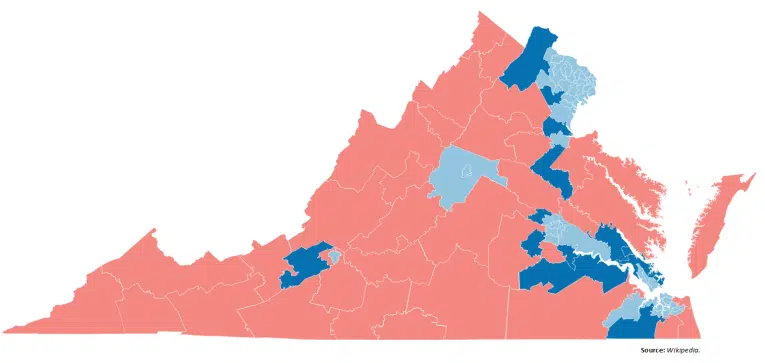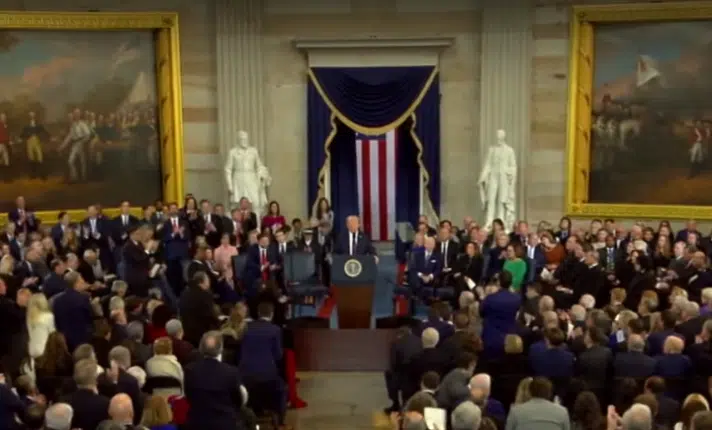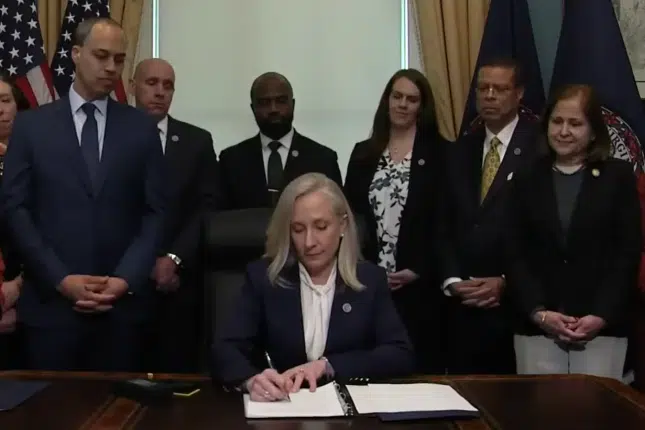By Kevin Mooney — Without additional transparency and tighter enforcement of proxy-voting requirements, publicly-held companies could be pressured into accommodating political agendas that are detached from the economic interests of retirement funds, according to a U.S. Department of Labor Inspector General audit released in March.
Since average Americans are reliant upon retirement plans that invest in corporate stock, they are entitled to know whether or not shareholder recommendations are made with an eye toward potential financial gain, or if public policy motives have worked their way into the process.
Proxy advisory firms, which make shareholder recommendations to investors and research proxy issues, are an integral part of this equation and deserve more scrutiny. Institutional Shareholder Services (ISS), formerly RiskMetrics, is widely viewed as the most influential of the advisory firms. It also appears to be joining forces with organized labor. That’s bad news for investors and bad news for the economy.
Bradford Campbell, who oversaw EBSA as the Assistant Secretary of Labor during the Bush Administration warns that, “The law protects workers by prohibiting pension plan officials and others in charge of the plan’s assets from using their positions to benefit themselves or to pursue a political agenda. Proxy voting is a fiduciary duty, and the economic interests of the plan cannot be subordinated to the personal, union or corporate interests of the person casting the vote on the plan’s behalf.”
In the run up to Exxon Mobil Corp’s annual meeting in May, ISS joined with the American Federation of State, County and Municipal Employees (AFSCME) to encourage shareholders to vote down ratification of Exxon’s executive compensation. ISS and AFSCME also recommended that shareholders support a proposal for an independent board chairman. Rex Tillerson now serves as both CEO and chairman. Both recommendations were rejected at the annual meeting. Shareholders also turned away a proposal that called for Exxon Mobil to adopt greenhouse gas emission reduction targets. So far, so good from the free market perspective, but anti-corporate efforts are still gaining momentum and will be back in full force at subsequent.
Most companies are understandably reticent to speak out about ISS since the firm does have the ability to lower their ratings. Union officials and green activists who have lost out in the political arena have very shrewdly seized upon shareholder activism as a way to advance their agenda.
The Office of Inspector General (OIG) report on the Employee Benefits Administration (EBSA) concluded that the agency, which is part of the U.S. Labor Department, “does not have adequate assurances that fiduciaries or third parties voted proxies solely for the economic benefit of plans.” This means organizations like AFSCME and the Sierra Club are strongly positioned to use ISS as a conduit to cajole corporate America into accepting their agenda.
Americans for Limited Government President Bill Wilson charges, “These union and environmental groups are putting working American worker’s pensions at risk in order to pursue their radical policies over the financial interests of the company and the pensions they run. This is nothing more than a direct attack on the American worker.”
Some of the key findings from the Office of Inspector General report confirm the concerns voiced by Campbell and Wilson as they state: “Without additional transparency and enhanced enforcement activities, concerns about the fiduciary use of plan assets to support or pursue proxy proposals for personal, social, legislative, regulatory, or public policy agendas, which have no clear connection to increasing the value of investments used for payment of benefits or plan administrative expenses, may not be properly addressed.”
The report also identified some the key factors responsible for the problems with enforcing proxy-voting rules.
(1) Lack of a Documentation Requirement: EBSA’s proxy-voting requirements do not specifically require fiduciaries or investment managers to document (1) the monitoring of proxy-voting activities or (2) the economic rationale for proxy-voting decisions. OIG found that economic benefits were not documented for 77 percent of proxy voting decisions studied during 2008-09.
(2) Statutory Monetary Losses Requirement: ERISA ties enforcement actions to monetary losses and it is difficult, if not impossible, to attribute monetary losses to proxy-voting decisions. (The report notes that the SEC is not subject to the monetary damages requirement, which makes enforcement of proxy voting rules by the SEC more likely.)
The OIG made three recommendations to the EBSA, none of which the EBSA accepted. They are:
(1) propose amending ERISA to give the Secretary of Labor the authority to assess monetary penalties against fiduciaries for failure to comply with proxy-voting requirements,
(2) revise proxy-voting requirements in 29 CFR 2509.08-2 to require documented support for fiduciary monitoring and the economic benefit for proxy-voting decisions, and
(3) include fiduciary proxy-vote monitoring in enforcement investigations to ensure that the economic benefit for proxy-voting decisions are appropriately documented.
Fortunately, some commentators are beginning to take notice of ISS and the disproportionate influence it is now exerting. ISS has ability to sway 30 percent of the vote in any proxy battle and is very adept and skilled at getting “whatever it wants,” according to some financial blogs.
Going forward, here is what investors, shareholders and corporate officers should take away from the OIG report and the EBSA’s reaction.
- EBSA does not currently appear interested in expanding enforcement of proxy voting rules.
- The SEC may be a more appropriate venue for attempting to tighten proxy voting requirements, given the lower threshold for enforcement actions.
Enhanced enforcement by EBSA of proxy rules may have implications for ISS’s Taft-Hartley voting policy, an off-the-shelf policy tailored to pension funds and generally considered more activist or socially-oriented than the better known ISS benchmark policy.
Wilson responded to the Labor Department’s failure to act upon the independent Inspector General recommendations saying, “Unfortunately, the Labor Department’s failure to accept basic recommendations from the independent Office of Inspector General on how to protect workers’ pensions shows that the Obama Administration is more interested in shilling for their political bosses at the AFL-CIO than protecting workers.”
In the absence of improved oversight, the onus will continue to fall upon free market activists to expose and resist politically motivated shareholder recommendations.
Kevin Mooney is a contributing editor to Americans for Limited Government. You can follow Kevin on Twitter at @KevinMooneyDC.






